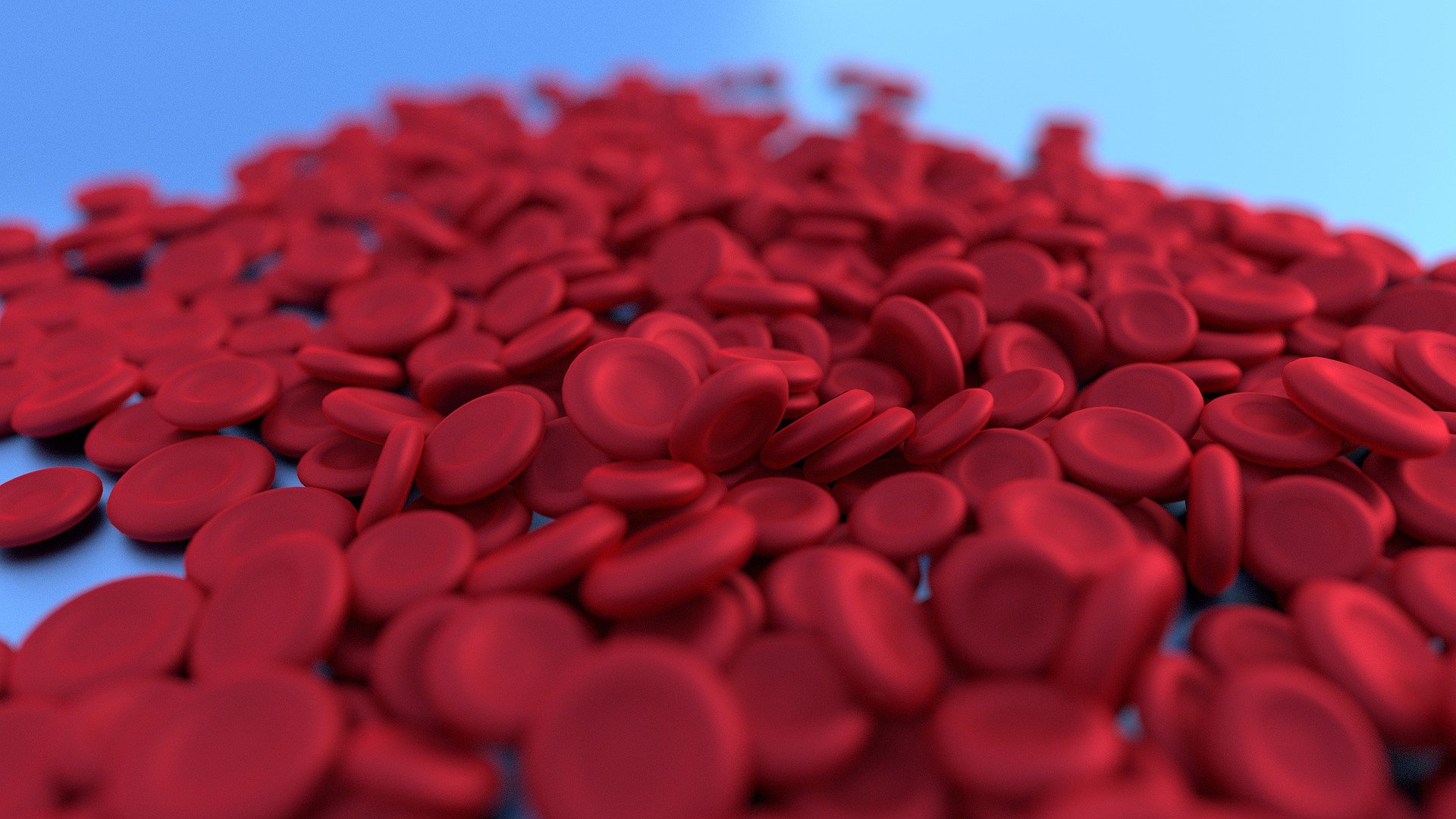Did you know that each of our guts has a unique living community containing billions of bacteria? It’s called the microbiome, and on this edition of DataDish, we’re taking a journey to the center of the gut, led by Megan Meyer, PhD.Megan is Director of Science Communications at the International Food Information Council Foundation. She has a bachelor’s degree in biology from Loyola University Maryland, as well as a PhD in microbiology and immunology, focused on nutritional immunology, from the University of North Carolina at Chapel Hill.
In this episode, Megan addresses the following topics:
Defining the microbiome: The microbiome is the collection of microbial genomes, or the genetic information in these singular, cellular microbes. The microbiota is the collection of those microbes. The microbiome aids in immune system, gut and metabolic function.
How big is the microbiota? Micro– may make one think that the microbiota is small, but the microbiome is large. The entire microbiome has as many bacterial cells as all of the cells in a human being. However, some research shows that there is more genetic information in these cells.
What can harm our microbiome? Antibiotics, although absolutely necessary to fight a bacterial infection, can harm our microbiome. However, there are mechanisms to build up our microbiome, and food is one of them.
Probiotics vs. prebiotics: Probiotics are the bacteria in the gut that support the microbiome. Foods with probiotics include yogurt, buttermilk, kefir, kombucha, kimchi, sauerkraut, cabbage and fermented soy products. Prebiotics are the food for probiotics. Prebiotics are found in leeks, onions, packaged foods and certain fibers. Both probiotics and prebiotics can be found in fortified foods and supplements.
Emerging research: New research is looking at genetic factors that influence the microbiome. Megan predicts that emerging microbiome studies will include research on strain-specific health benefits and specific food groups.
Enjoy the podcast! We hope you’re looking forward to learning more about the microbiome as future studies emerge.
Source Link – http://www.foodinsight.org/what-is-the-microbiome-podcast-probiotics-prebiotics
If you liked the article, check out How To Eat Healthy On Holiday




